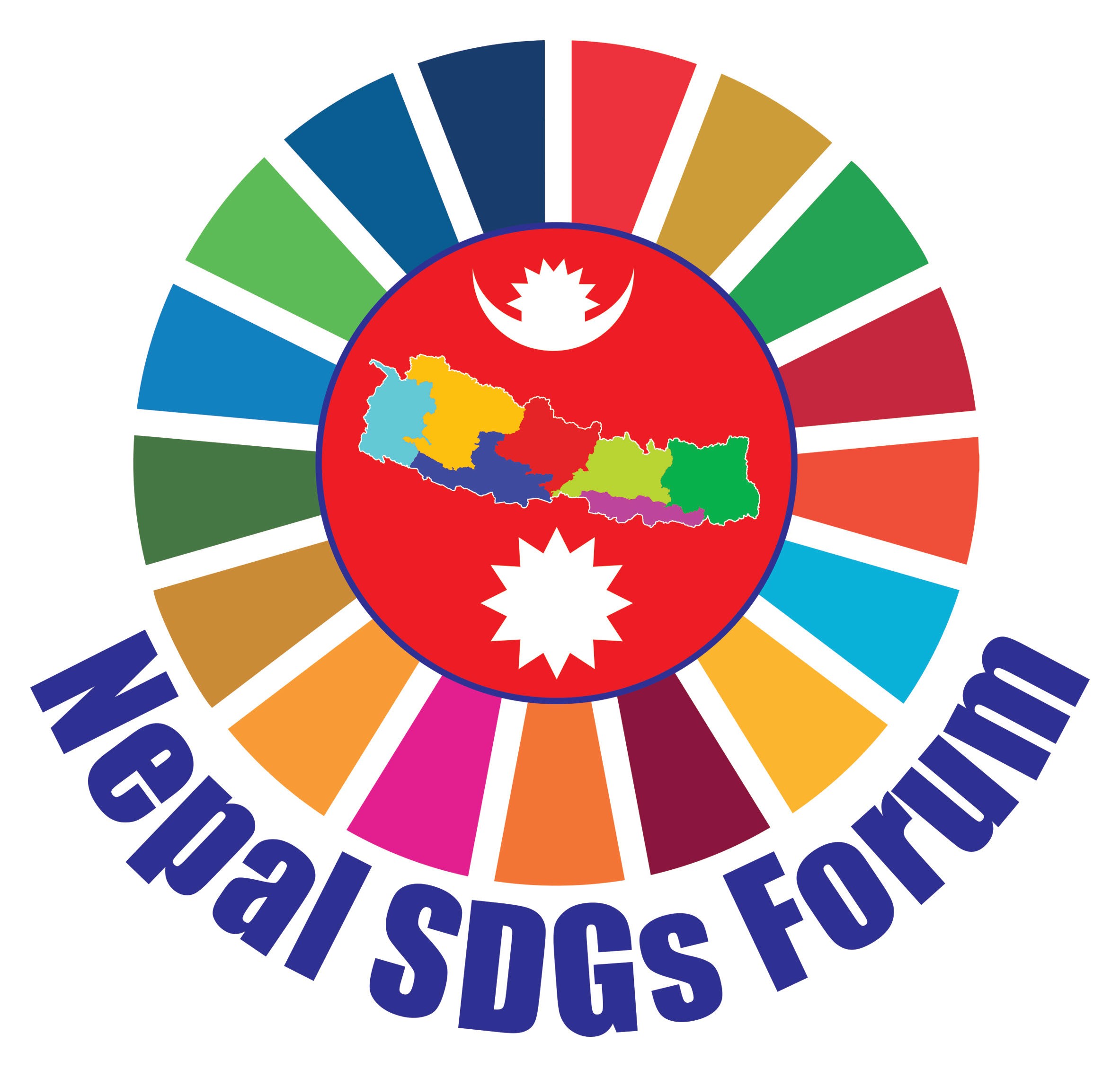National Forum on Citizen Generated Data
10 March 2022, Kathmandu.
In the context of the SDG implementation and monitoring and civil society engagement, NGO Federation of Nepal organized a National Forum on citizen generated data (CGD).
There were several presentations followed by discussion. It has been useful for understanding of this relatively new concept and encourage citizen data and the due acknowledgement.
How SDGs are interlinked with human rights was illustrated by Mr Nawa Raj Sapkota, Joint Secretary of National Human Rights Commission. Human rights can be a strong basis to hold the authorities accountable to fullfil the human rights while we accelerate the achievement of SDGs.
Right based approach to SDGs is a must for all actors. The human rights to participate also guarantees the citizen monitoring which is possible through citizen generated data. The contribution as well as demand for disaggregated data are associated to the CGD. Mr Sapkota shared the NHRC initiative to link each human rights violation case with SDGs.
In relation to citizen participation and monitoring for SDGs, Dr Padma Prasad Khatiwada, introduced Citizen Generated Data (CGD). He explained that CGD is necessary to contribute, review and challenge the data mainly of the government. As we have lack of disaggregated data causing the challenge of monitoring inclusiveness, CGD can provide some snapshots or spotlights to bring to notice the successes and gaps. He suggested that CSOs need to be focused on the areas of their priority and expertise, aiming to provide policy feedback.
How to collect data? It should start with mobilization, setting objectives. Any subjective or objective analysis of existing situation from citizen perspective can be considered CGD.
Beyond Beijing Committee Nepal's reflection of community score card was shared by Kalpana Rai. As a way of generating citizen data, community score card was practiced in 3 wards from Banepa and Shankarapur Municipality. It was focused on SDG 5.4. It consisted of the meeting with and scoring by youth and women participants, meeting with and scoring by local government officials, and interface between both groups. The scoring of the current situation and desired situation and gaps between the two groups were discussed. It was a reflection of the perceived situation at the local level.
Mr Ram Hari Gaihre, director of the Central Bureau of Statistics which is the responsible agency for data collection and management addressed how the citizen generated data could fulfill the data gaps. He said, there are some areas in which citizen data are preferred. Opinion polls, qualitative surveys, triangulation of outcomes, and grievance handling were other ways he mentioned as the modes of citizens engagement.
Chairperson of Youth Advocacy Nepal also shared that citizen generated data has been explored and piloted aiming to learn and share at the internal level.
Citizen data can contribute through surveys, implementation of monitoring related to SDGs, can support or get involved in the data collection process and mechanisms of government.
The Forum was chaired by NFN's president Ram Subedi and moderated by Vice-president Bhawana Bhatta.

